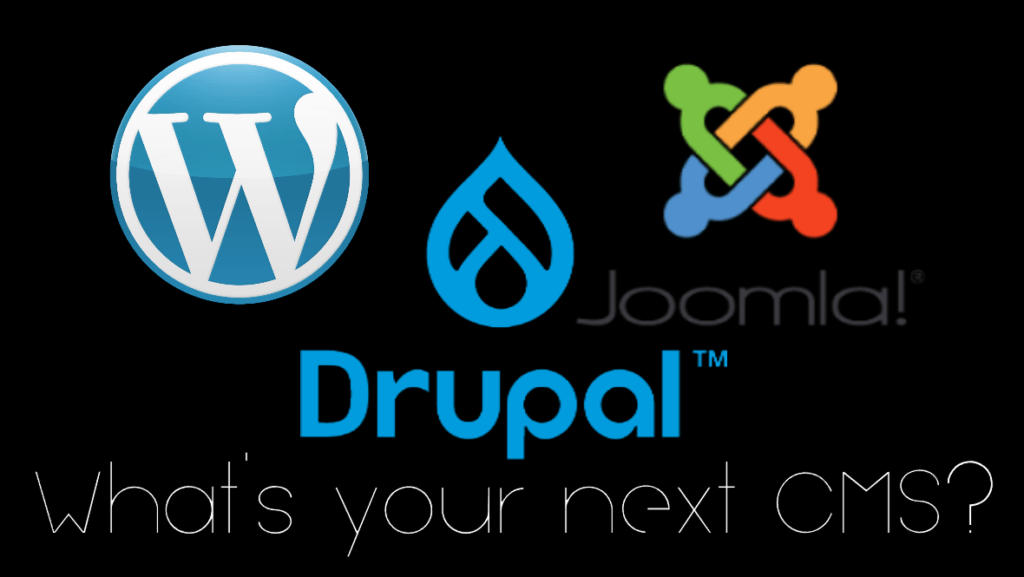In today’s digital age where content reigns supreme as king of engagement, choosing the right CMS solution is akin to selecting your crown jewel. Whether for personal blogging or business-grade
websites that require scalable management and robust functionality, understanding what makes each platform tick will guide you toward making an informed decision—and today we’re delving deep into this
territory with pros and cons at the ready!
WordPress – The Time-Honored Classic
WordPress has been around for decades, establishing itself as a mainstay in CMS landscapes across industries big and small. Let’s break down its features into pros and cons so you can decide if it’m
the best fit or not!
Pros:
- Vast Community Support
- With millions of active users, WordPress has a trove of plugins available to extend functionality with ease. This ecosystem is ripe for SEO enhancement and personalization through themes that cater to every imaginable niche or design preference you can think about.
- Extensibility
- Through the Theme/Plugin system, WordPress allows almost infinite customization; a perfect fit if your site requires high flexibility in terms of looks, layouts and functionality.
- Responsive Design Availability (out of box)
- Websites built with WP are mobile friendly by default which is crucial for today’s multi-device usage world out there!
Cons:
- Learning Curve & Setup Time Complexity
- Being a full package, WordPress has more complexity in setup when compared to simpler static site generators. Though many resources are available online or through plugins themselves for learning and customization, it can be overwhelming at first.
- Scalability Concerns (for enterprises)
- While WP excels with small to medium websites; larger scale needs may require a more powerful hosting plan which could increase costs significantly when compared against competitors like Joomla or Drupal, especially for high traffic sites requiring content delivery speed.
- Limited Direct Control over Codebase (for developers)
- While not an issue if you prefer using prebuilt themes and plugins to customize your site’s appearance/functionality as desired; it can be frustratingly restrictive should there ever come a time where more complex alterations are needed directly within the code.
For those looking for simplicity, familiarity with WP will certainly cut down on initial hurdles but may still pose challenges in scalability and advanced technical customization – making it better
suited to small-scale operations or individual bloggers seeking out more user friendliness rather than enterprise level application.
Joomla – A Versatile Option with Its Own Set of Tradeoffs
Joomla, another CMS that’s been around since the early 2000’s provides a balanced approach between WordPress and Drupal – its pros may be more appealing for enterprise-level applications than WP while
also offering enough flexibility to satisfy individual bloggers. Here we have some things worth noting:
Pros:
- Powerful Features & Plugin System
- With a comprehensive array of extensions available at no additional cost, Joomla offers many ways for content management and site personalization while keeping costs low with open source components. Also it’s built on PHP making backend development quite straightforward (when compared to WP!).
- Responsiveness & SEO Friendly
- Similarities shared between WordPress’ responsive design system, Joomla websites can also be made mobile friendly by default using extensions provided in its repository alongside modernized content delivery protocols for faster site loading times.
Cons:
- Complexity of Setting Up and Customizing
- Unlike WP’s easier setup process where everything is included within one package; Joomla requires more technical proficiency to properly get it up&running – though there are plenty tutorials available online for guidance through every step. Additionally, as a result comes with steeper learning curve than its competitor(s).
- Requires Specialized Hosting
- For high traffic websites or large enterprises Joomla’s heavy resources usage demands dedicated server hosting which can be costlier compared to others options such WP; this makes it less economical unless one has strong technical infrastructure in place already. Furthermore – unlike Drupal, there aren’t many out of the box themes available so more time consuming if wanting something specific instead off readymade solutions (though plenty community-driven templates exist).
So whether you’re a small business owner seeking greater control over site content/design or needing robust features for enterprise applications – Joomla could be worthwhile considering especially
when factor in its versatile options. However if simplicity and speedy installation are priority considerations – WordPress may serve better than any other available CMS today!
Drupal– The Powerhouse of Enterprises
Stay tuned as we dive deeper into this highly customizable yet technically demanding platform used by many Fortune 50 companies around the globe – discuss pros alongside cons to help you decide if it aligns with your goals and expertise.
Ultimately, choosing any CMS is more than just picking what’s “better” from list; rather finding which one resonates best according tailored requirements along technical proficiency levels as well
budgetary constraints – not an easy choice to make but doing research & understanding these aspects will surely put you on right track towards selecting most suitable CMS solution that works
harmoniously with your digital content creation aspirations!
Happy Content Management Journey! Let me know if you require further insights or comparisons between these three mainstays CMS solutions. Stay connected for more comprehensive analysis on how to make
best decisions when stepping into world of modern web development landscape today – where every choice matters and can shape your online presence forever…



